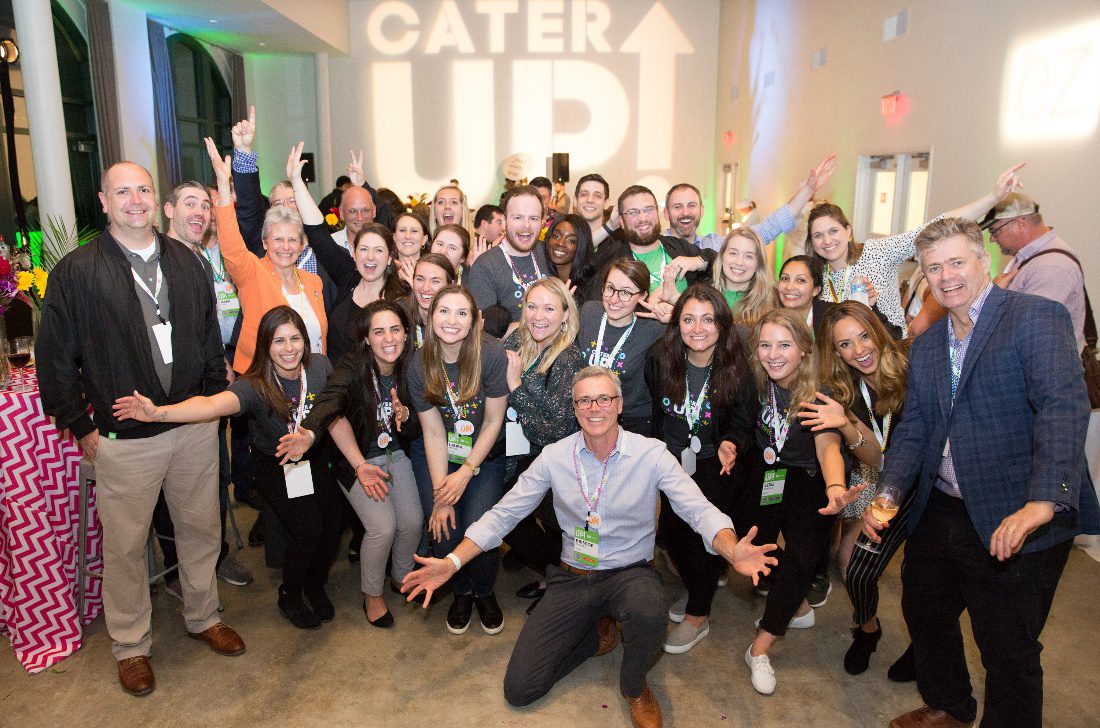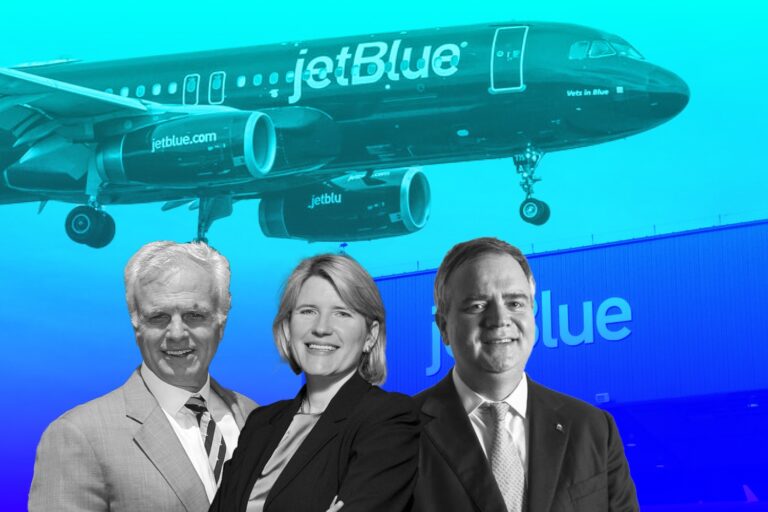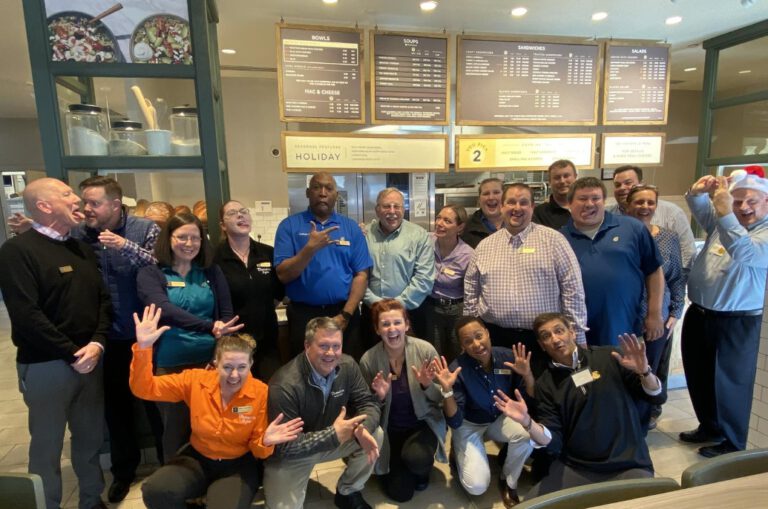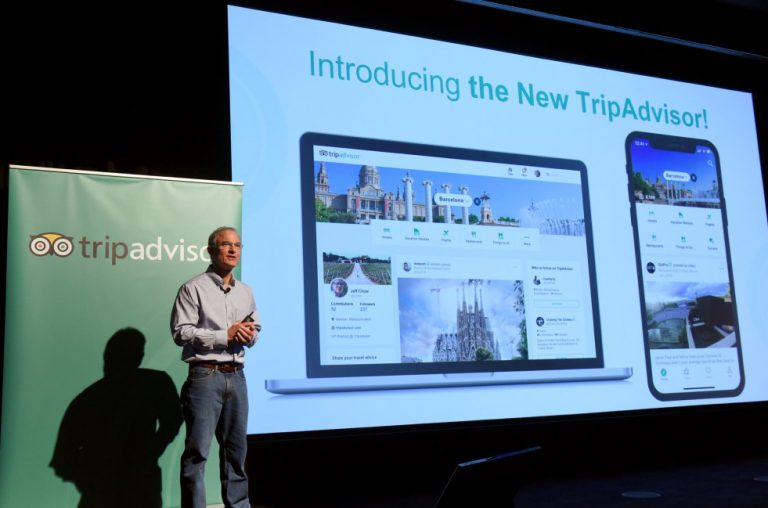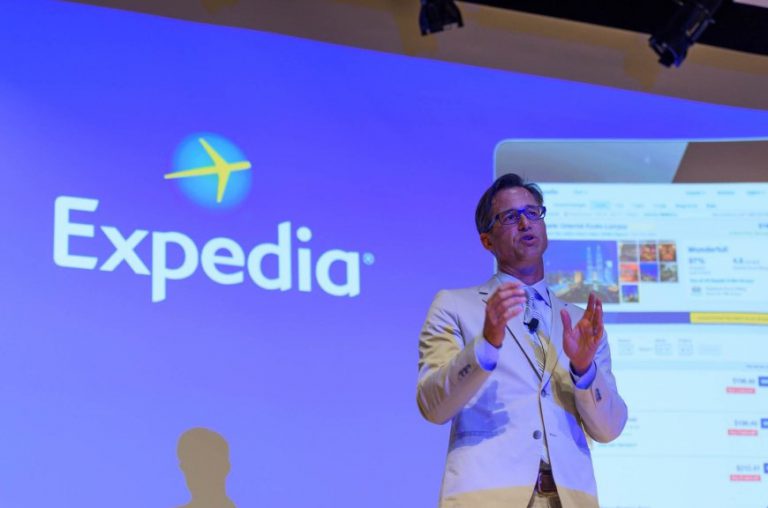What Valuable Lessons to Seek from The Rise of Unicorn Startup ezCater?
ezCater has become one of the largest online catering marketplaces over the last several years. The company’s online ordering, on-time ratings and reviews, plus the award-winning customer service help its users from organizations of all sizes and industries make meetings more successful and employees happier.
Even though, the food ordering market has gotten crowded over the past several years, particularly among mobile app startups that deliver food to individuals. However, ezCater went in a different direction and focused on serving businesses, enabling them to order food on the Web from thousands of caterers and restaurants located around the country. Since Mallett co-founded the company in 2007, it has served more than 12.2 million people across more than 22,700 cities, ezCater says. Some of the companies it helps feed include Verizon, Google, and Firestone.
Mallett is a serial entrepreneur. One of her previous companies was acquired and the deal had a 14X return for its investors. Her current company, ezCater, has raised almost $170M in funding and is focused on becoming the dominant player for a $100B industry worldwide.
Who Is Stefania Mallett and the Vision of a Unicorn Owner?
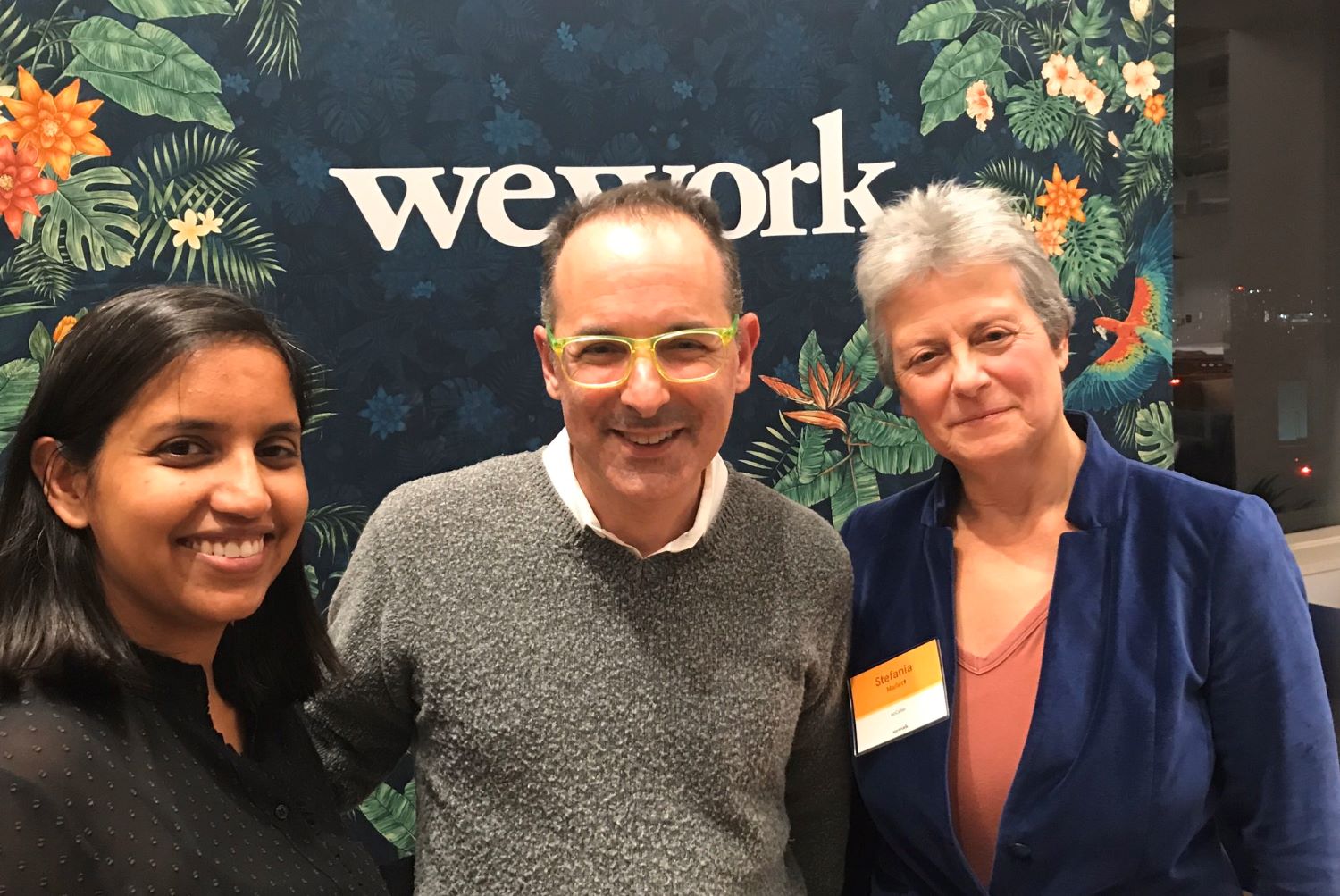
Born and raised in Boston, Stefania Mallett thinks like an engineer–a legacy of her computer science graduate degree from MIT. Share on BullHorn popcast, Mallet since forever has keen on Science, math and engineering. She is interested in how things work and what makes things tick. Software was a new idea at that time and newly being applied to solving business problems. Studying Computer Science and Electrical Engineering but, pretty rapidly, Mallett turned into an entrepreneur for the care of how this stuff was used.
To Mallet the crucial point of technology is the interaction between people and these tools. How it is born doesn’t matter, but what is it for? Most of the programmer were not interested in talking to human beings, yet ironically, she is the only one who is good at it. Mallet love to go out there, clear out problems and that’s how she and her firm make big differences.
Mallet’s To-The-Core Leadership and Management
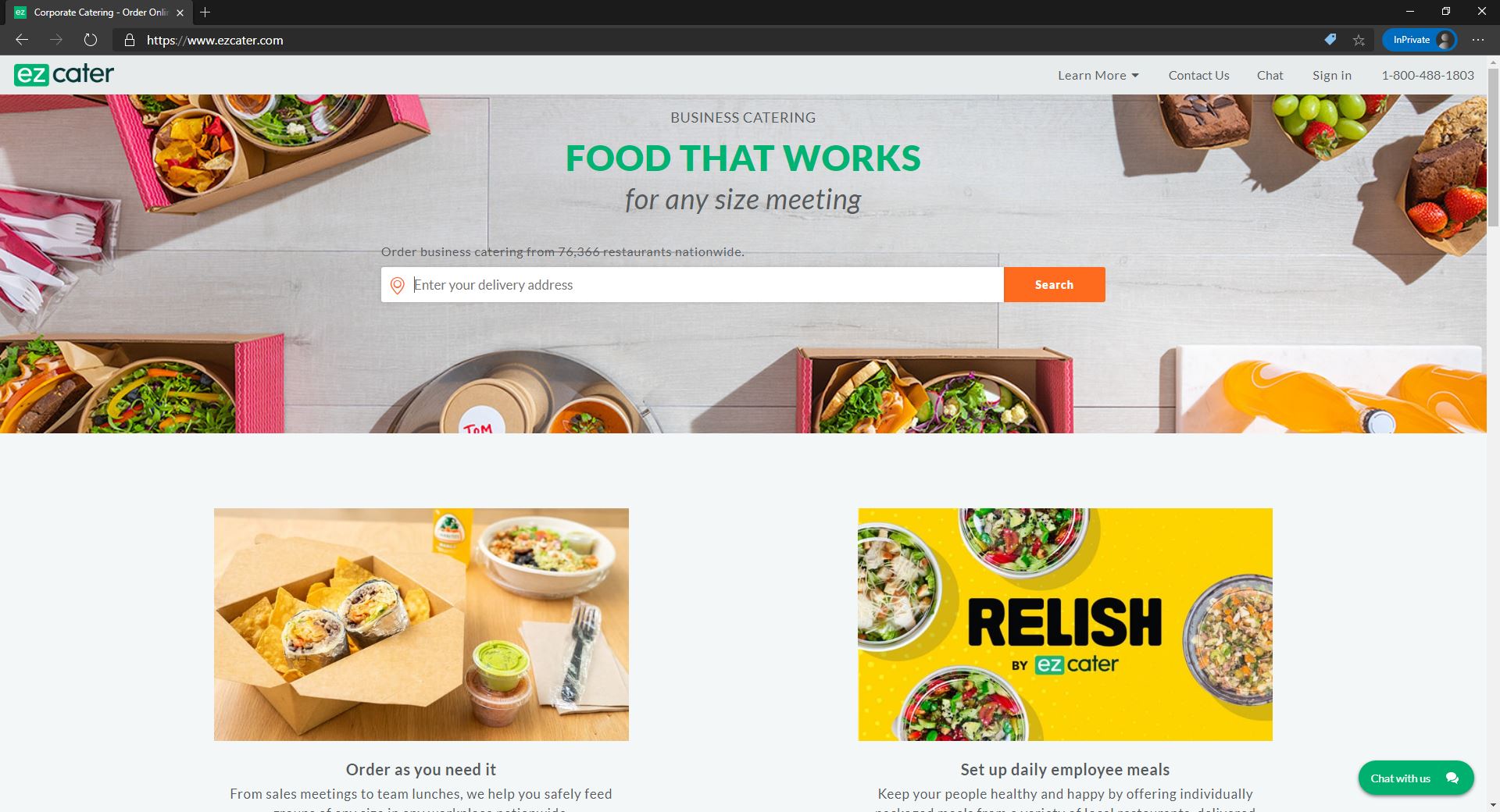
Mallett credits her success to creating clever systems to entice the right talent to join her, and then nourishing their hearts and minds. “My purpose is to create jobs that people want to have,” says Mallett. Job candidates complete mock exercises to get a feel for the work they’ll be doing. One example: translating a printed menu into an appealing digital layout. “After an hour,” Mallett says, “either they say, ‘I hate this!’ or ‘This is kind of fun.’ “
Her management mantras are “Respect the heck out of your employees” and “Give them so much authority they gasp”–two things that inspire her team to bring their full passion and creativity to work. That’s doubly important as she pivots in the era of Covid. “I deeply believe,” she says, “that if you can just give people the biggest opportunity, the most freedom to be their best selves, you will get that.”
When asked to share the best leadership advice she stated “The most important thing you can do as a leader is share control. And the more successful your organization is, the more you’ll need to share”. For the first-time managers, respect and involve people is the key. When things go sideways don’t put on control mode, don’t micromanage, but rather name the problem and engage everyone in solving it.
EzCater’s Story: How Were this Unicorn Born and Raised?
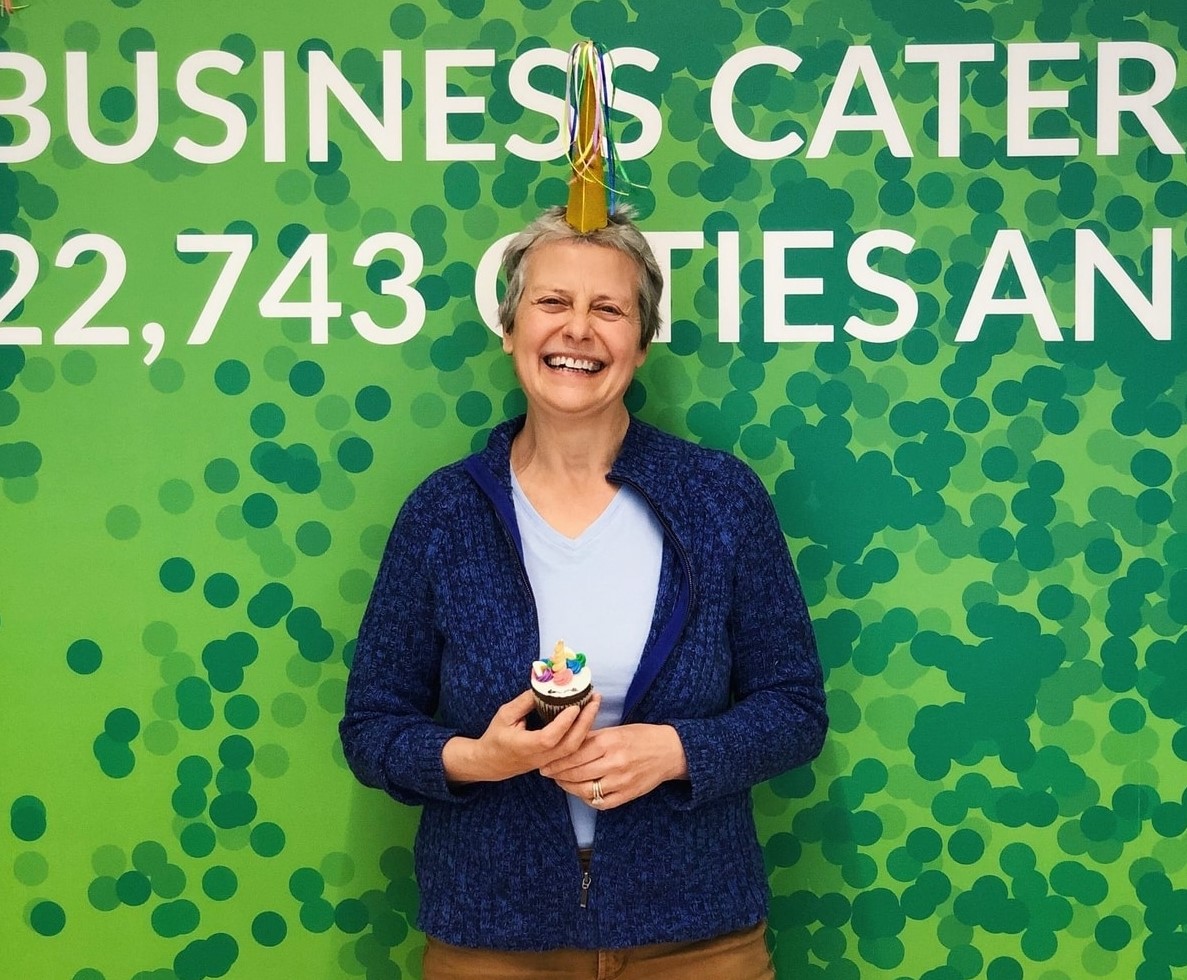
In 2004, they started PreferredTime, a meeting scheduling service for pharmaceutical industry sales reps. “The users loved the service but kept asking us for a way to get food to the meetings,” she says. “We saw that organizing the food, rather than the meetings themselves, was the real opportunity.”
Mallett and Rodgers had to shut down PreferredTime in 2007 when funding ran out. They immediately launched their next venture, taking what assets they could from PreferredTime. “We brought knowledge of how sales reps think about food and how food facilitates meetings. And contacts for a third of all pharma reps in the country, with whom we had good relationships.”
Despite these advantages, ezCater underwent a bootstrapping period of five years. “I recently compiled a history of the company, and you could see that those first years were like the blade of the hockey stick—nothing happened. But once we hit the stick, we went straight up it. When I showed Briscoe, he remarked, ‘Good thing we’re stubborn.’”
The rabid loyalty of their first customers also helped. “I remember a panicked call to our 800 number from a woman who thought the website had shut down. She said she couldn’t imagine going back to ordering food directly from restaurants! It turned out she’d just mistyped our URL, but her anxiety over losing our service—that kept us going.”
Despite the fast growth, the company has tried to develop an easygoing culture based on camaraderie and experimentation. ezCater orders breakfast on Monday and lunch on Thursdays for its Boston staff, using its own platform of course. New hires and interns are tasked with placing the orders, to learn how to use the system–and potentially spot pain points or to help come up with new features.
Growth is still the top metric on Mallett’s mind. She says ezCater is somewhat hesitant to make another acquisition, though, because “virtually all of the companies we are looking to acquire are growing slower than us–so they would slow our growth.” Mallett, who has taken companies public in the past, adds that ezCater could be ready by 2021 to consider an IPO–but with plenty of money in the bank from its past two venture rounds, there’s no pressure to do so.
“Success breeds options” she says. “We’ve gotten to a place we can make our own choices.”
Is It Just A Lucky Strike? The Secret in Mallet’s Business
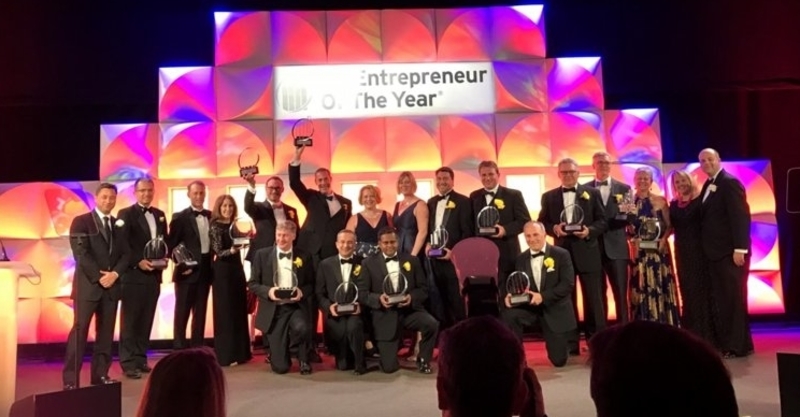
Mallett explains that ezCater’s growth spurt partly reflects the nature of their business: Once they’d figured out how to expand their catering network nationwide, new customers rushed to join, which in turn attracted an explosion of new caterers on the service.
Importantly, ezCater had systems in place to ride this growth without capsizing. “Our first angel investors were all surprised at our efficiency and the maturity of our processes. Just about every decision is data-driven,” Mallett explains. “Briscoe and I run the company like engineers, so early on, we developed the discipline of measuring everything that we did, to know whether to throw our limited money at it. We would have an investor recommend a strategy and come back that we’d already A/B tested it and ruled it out.”
She adds that her reliance on data also reflects a hard-earned lesson. “There is still a bias against female CEOs, so you can’t rely on building business relationships in the country club. You have to use the data.”
Data also helps Mallett circumvent personal bias. This is key to ezCater’s equitable and efficient workplace culture. “We have a single compensation structure, promotions are based on results, and we’re completely transparent about just about everything. Because we don’t get caught up in office politics—there’s no mystery around why a decision is made, no specter of favoritism or anything like that—we can move fast” Mallett says.
Because of the mutual trust ezCater’s culture has built, Mallett finds she is able to give more control to her employees—not easy, she admits, but essential if ezCater is to keep up with the market. “You have to give your talent so much authority that you cringe. If I’m not cringing three times per day per department, I haven’t delegated enough control.”
ezCater In Time Where Food Could No More “Work for Work”

On Tuesday, April 7, employees of the Boston company ezCater woke up to an e-mail from their chief executive, Stefania Mallett: Be available this morning for a call from your manager. All 945 employees who received the e-mail knew what it meant. This was the day they would find out who was being laid off, and who would still have a job.
Precisely a year after all that sweetness of business rocketing, due the pandemic the company was watching as office closings and shelter-in-place policies brought its fast-growing business to a crawl. It had just launched a national marketing campaign, with highway billboards and mass transit ads bearing the slogan “Food has to work for work.” Suddenly, almost no one was at work, and the idea of eating from communal salad bowls and pans of lasagna had lost all appeal.
Mallett says the declining orders were hardly a secret; she prides herself on having created a “radically transparent” company culture. “People could see the business results” Mallett says. “They knew bad things were happening.”
The company was hustling to get its network of caterers to shift to individually packaged meals, rather than family-style ones, so that it could effectively sell to the essential businesses — such as factories and hospitals — that were still operating. On several all-hands videoconferences that Mallett led, there was talk of cutting costs on software spending and marketing, and the possibility of furloughs or layoffs.
As business deteriorated in March, several outside advisers suggested that Mallett move quickly to eliminate jobs, she says. But she didn’t want to be rushed, especially since there was so little information about when people might return to work. May? September? “What if it comes back in pockets around the country,” she wondered. Mallett says she and other company leaders created a financial model to think through “the best assumptions you can make about what you don’t know.”
Mallett says two things guided her decision-making. The first was her own experience being laid off earlier in her career. “I was asking people, ‘Are we going to do layoffs?’ And the management of that company lied about it until the day it happened,” she recalls.
She also wanted to try to avoid a series of layoffs throughout 2020. “The second layoff is the really bad one,” she says, “because everybody looks over their shoulder all the time,” worrying about what will come next. “We tried very hard to make this one painful and deep, so that we wouldn’t have another one. We cut as deep as we could work up the courage to do.”
The Bottom Lines
Mallett has nurtured a great business that is here to stay. ezCater is no doubt in the position to rise, even the current pandemic has killed off quite a bit of its vibe, yet the company doesn’t seem to dive afterward.
Apparently, no one could avoid the damage this 2020 pandemic has brought. We don’t know yet, will the vaccine work, but till than business owner has to be absolutely careful to preserve and maintain a sane position to survive out of this global downturn.

